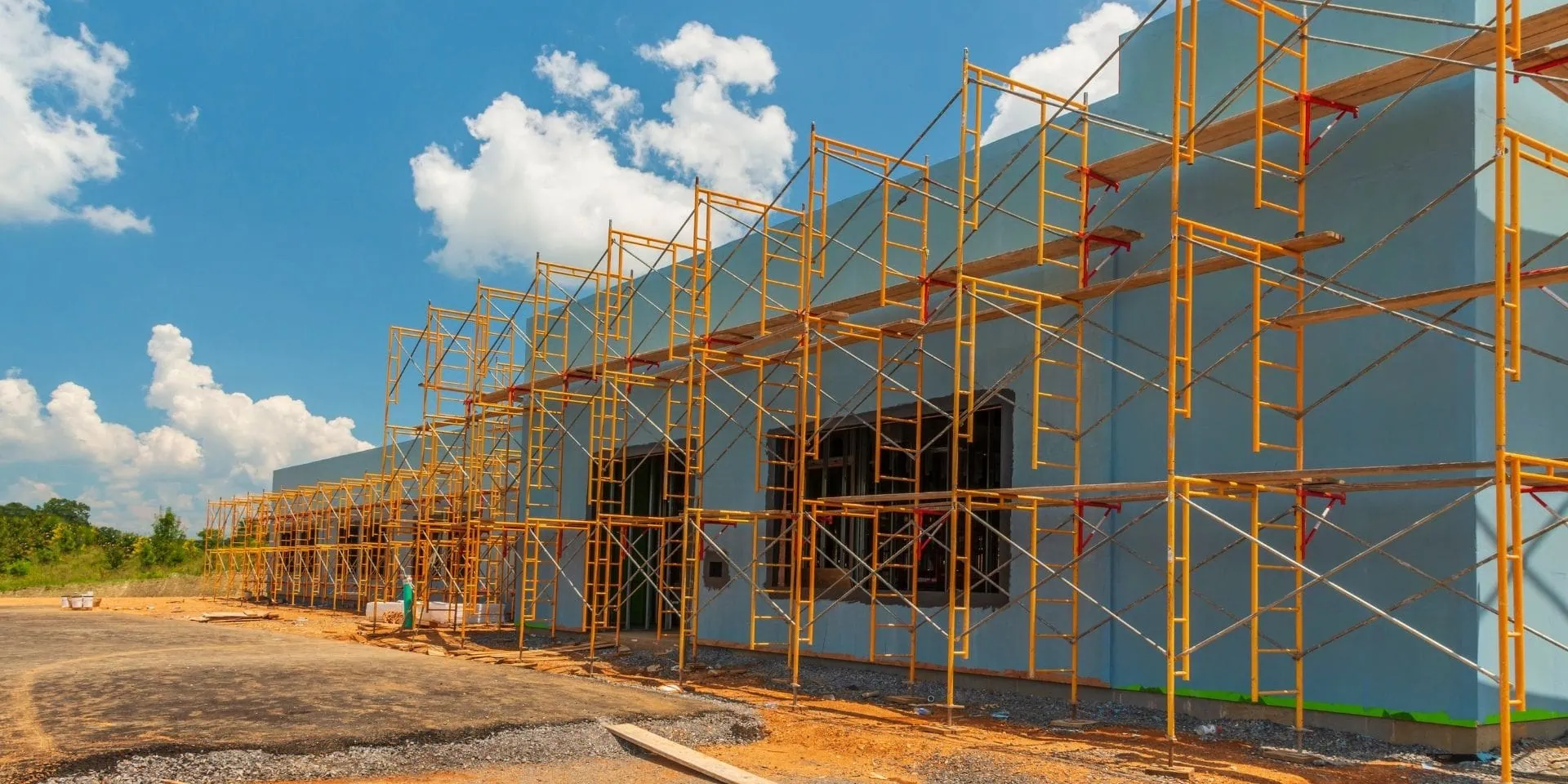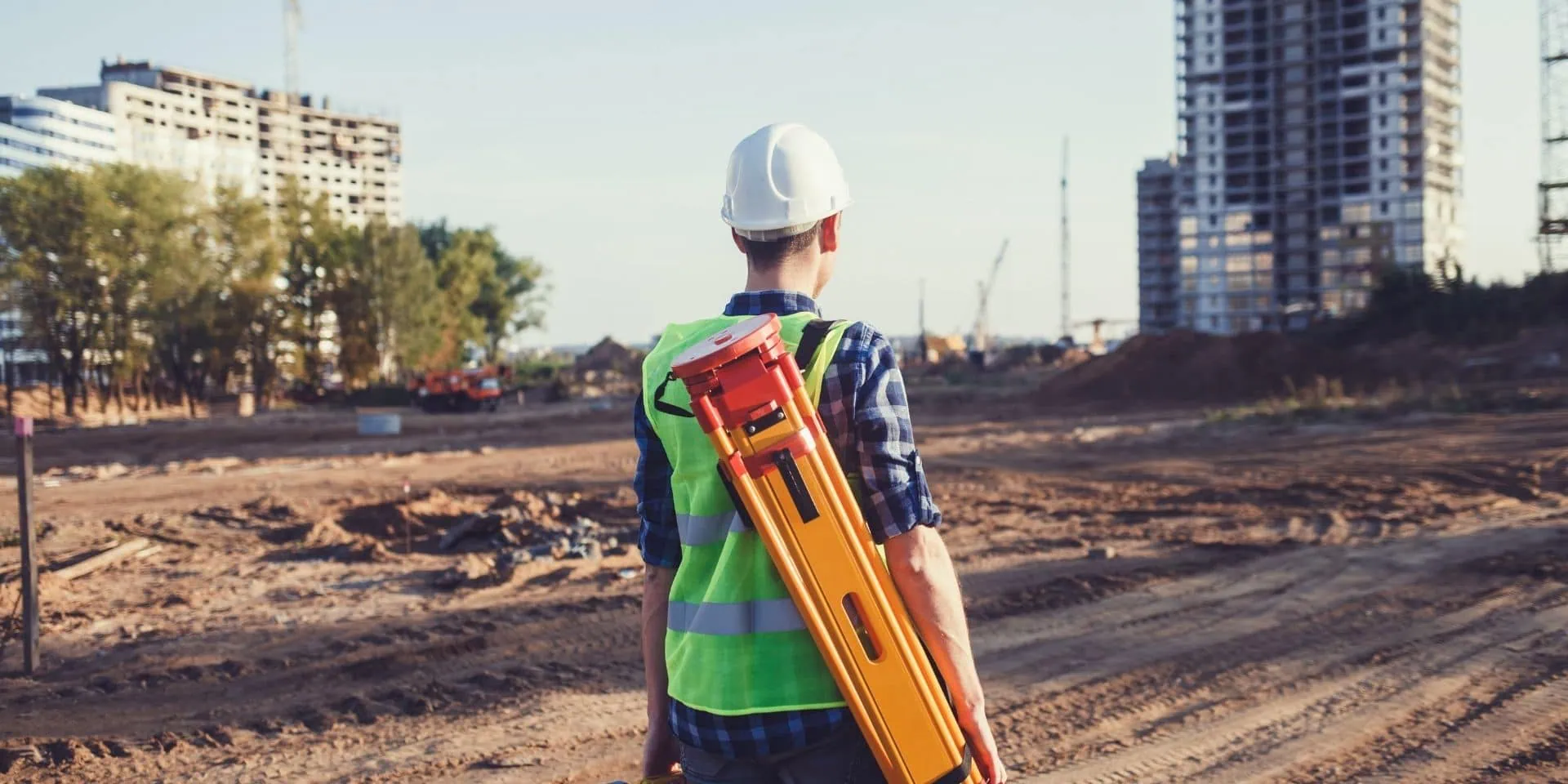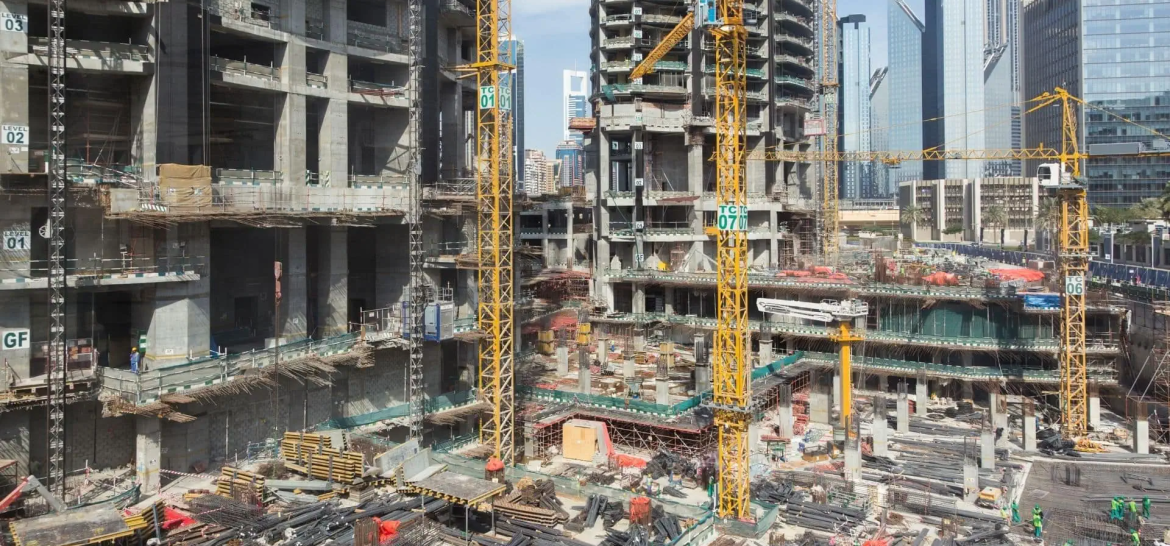Understanding the factors affecting the duration of a commercial building project is crucial before its commencement. There are various elements, such as the planning and design plan to construction and details that finally determine the completion of a project. By analyzing these problems, project managers and other stakeholders can get valuable information about what areas need to be improved to minimize risk and ensure timely delivery.
What factors influence the timeline of a commercial building project?
In commercial construction, various factors influence the project’s duration. In a more general definition, the completion schedule is determined by the combined influence of all elements that begin with the earliest stages of planning and design to details in construction and finishing touches. Understanding these factors is vital for stakeholders and project managers hoping to acquire valuable observations to speed up the process and ensure timely supply.

The project’s duration varies due to many factors, including size and complexity, available resources, weather changes, permits from authorities, and unexpected complications. The ability of the project management team to carry out its work, stakeholder collaboration, and adaptability in responding to unexpected hurdles are all essential elements in choosing how long a project will last. Through anticipating and pre-calculation, stakeholders may optimize the period for delivering a successful completion in a commercial construction project by having a clear understanding of these influential elements.
How can effective planning and design impact the project timeline?
The quality of planning and design significantly impacts the timeline of a commercial building project. The planning and design phases that involve so much care and consideration can significantly influence the timeframe within which a project will be completed. The project manager and design team can serve as excellent foundations for the sequential construction phases with a thorough assessment of project requirements, scope, and challenges. In case sustainable building techniques and innovative design notions are integrated into the process of construction, it may improve the efficiency of this process because installation time can be reduced. The identification of possible bottlenecks makes it possible for the project to be managed more quickly and effectively by minimizing these bottlenecks using available solutions. By integrating important stakeholders in the planning and design process at an early stage as well as creating transparent communication channels throughout the entirety of the process, approvals and decision-making can become much faster than they normally would be, which makes delays obsolete during the building phase. In other words, good planning and design have a huge impact on the schedule of the project for having adequate conditions for successful commercial building projects.
What role does project management play in controlling the duration of the project?
Project management plays a crucial role in controlling the duration of a commercial building project. The schedule of the project is based on the effective work of the project management team in coordinating activities, resource allocation, and risk management techniques. Project managers draw on their expertise to optimize the sequencing of work so that one phase rolls into another, while always paying particular attention to deadlines and deliverables. Their forward interaction and supervision among various stakeholders such as contractors, architects, and regulatory agencies, creates an environment of efficiency and teamwork that speeds up approvals and decision-making.

Project managers come in handy to see any bottlenecks and develop contingency plans so that they do not cause setbacks, thus keeping the project going. Their ability to manage unforeseen challenges and adaptability to changing circumstances contribute further towards enhancing the project’s capacity for resilience in the face of adverse events. Project managers have also established effective communication and reporting systems that play a key role in tracking progress, resolving issues rapidly, and meeting deadlines. Intelligent project management strategies prepare the stage for the timely and successful conclusion of the project alongside managing its duration.
Conclusion
In conclusion, multiple factors from initial planning and design to management and construction operations influence the timeline of a commercial building project. A wise evaluation and resolution of these issues by the project stakeholders would improve the project timeline, ensuring on-time delivery. With proper planning, detailed design, and effective project control, commercial building projects can be completed on time, to high stakeholder standards of quality, and within budget. It is critical to understand these factors that influence project duration to manage the complexities of commercial construction.
